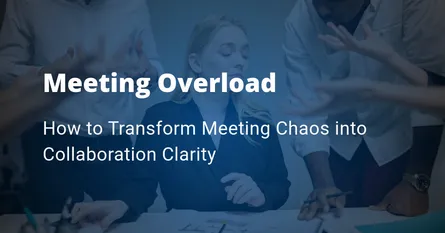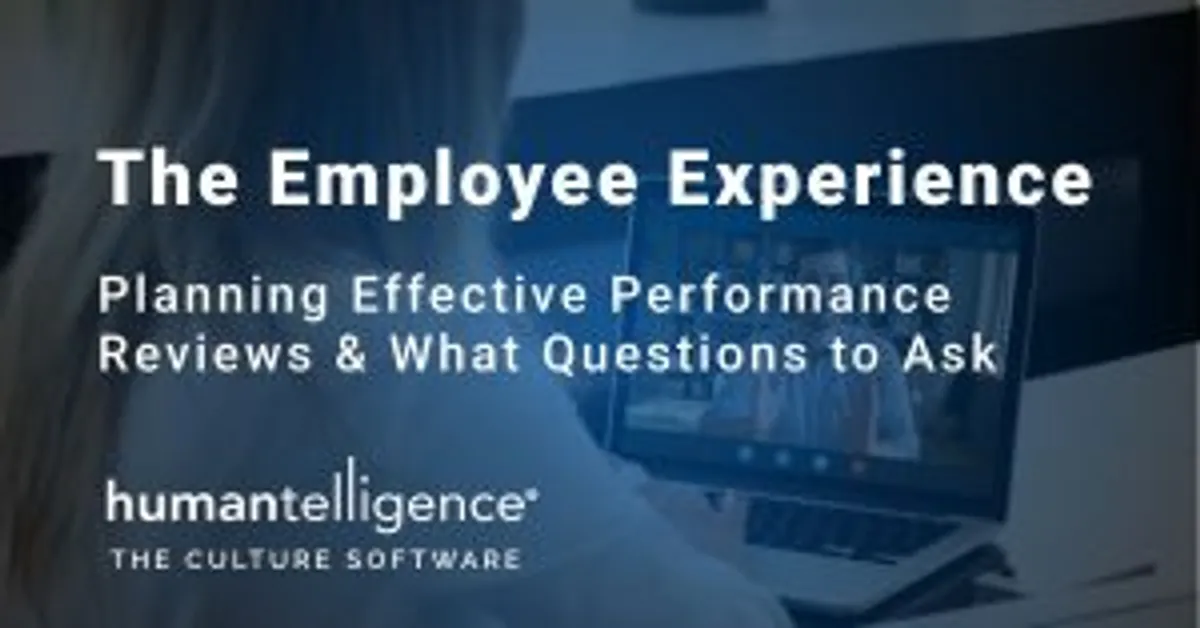
Employee Performance Reviews: Effective Questions
- Admin
- Collaboration
- 30 May, 2023
Important elements to consider when planning for effective employee performance reviews, including when to conduct them, what kinds of questions to ask, and how to communicate more meaningfully.
A new year is upon us, and for HR, you know what that means…performance review prep and coordination! Employee performance reviews are important for every business, but their effectiveness depends on how they are conducted. They can empower your employees to reach new heights – or they could drive them away. And with employee engagement at an all-time low, you’ll want to be sure your performance reviews are as effective as possible.
A great review helps your employees identify growth opportunities and potential areas of improvement without damaging employee-manager relations. Still, writing and conducting a strong review isn’t easy. Managers often don’t receive enough guidance on what an effective and comprehensive review looks like.
Compounding the problem, small businesses frequently struggle with limited resources. For example, for a company with 1,000 employees to conduct accurate and helpful performance reviews, a full-time HR staff of 14 is ideal. Regardless of how frequently or in what manner your company conducts performance reviews, these review meetings should benefit employees and managers alike.
Workers gain a better understanding of what they are doing well and where they can improve. They can ask questions, gain clarity, or provide feedback to their managers. Similarly, managers have the opportunity to communicate expectations with their team, identify their highest performers, correct issues before they escalate, and increase engagement and motivation.
What to Include in an Employee Performance Review
So as you prepare your team and people managers to conduct their reviews, here are some helpful reminders and tips to build into your managers’ prep plans.
Most employee reviews include assessment of these skills:
- Communication
- Collaboration and teamwork
- Problem-solving
- Quality and accuracy of work
- Attendance, punctuality, and reliability
- Ability to accomplish goals and meet deadlines
After addressing the key areas of assessment, you’ll need to evaluate and weigh each to get a picture of the employee’s overall performance. The way you format and organize this information is up to you as well as your company’s needs. Some organizations use a grading system of A through F, numerical scoring or percentages, or written descriptions (e.g., “most of the time,” “some of the time”). Whichever system you use, make sure that it is objective and easy to understand.
Don’t forget to remind your managers to set up time with employees to discuss their findings. It can be helpful to have a written copy of the evaluation to reference and keep your meeting on track. They should deliver transparent feedback, with examples where appropriate, and allot enough time for the employee to ask questions or deliver feedback. Encourage your managers to consider this a two-way conversation.
Employee Performance Reviews Should Happen Frequently
If you want to foster employee success, you should branch beyond the more traditional annual review. So much can change in your organization or with your employees in one year. It’s important to stay aligned and to keep communication open during those changes, not just during annual employee performance reviews.
We recommend quarterly or even monthly performance conversations, paired with a year-end review of general themes, notes, progress, and next steps. This allows managers and employees to stay on the same page about goals, progress, and performance. It also helps:
- Employees understand exactly where they stand and what to do to improve
- Managers provide real-time coaching to help employees overcome obstacles
- Organizations benefit from a constant flow of data on individual and team performance
Many organizations are turned off by a quarterly or monthly performance review cadence because it feels like a hefty time commitment. But if you’re having frequent conversations, they don’t need to be long, robust, or comprehensive to be effective. The result of more frequent conversations is ensuring no surprises during an annual review.
What Kind of Questions Should I Ask?
One way to determine what makes for a good performance review question is by comparing it to Gallup’s 12 elements of employee engagement, or Q12. You may recognize these affirming statements from the well-known business advice book, First, Break All the Rules.
The 12 Elements of Employee Engagement
- I know what is expected of me at work.
- I have the materials and equipment I need to do my work right.
- At work, I have the opportunity to do what I do best every day.
- In the last seven days, I have received recognition or praise for doing good work.
- My supervisor, or someone at work, seems to care about me as a person.
- There is someone at work who encourages my development.
- At work, my opinions seem to count.
- The mission or purpose of my company makes me feel my job is important.
- My associates or fellow employees are committed to doing quality work.
- I have a best friend at work.
- In the last six months, someone at work has talked to me about my progress.
- This last year, I have had opportunities at work to learn and grow.
Source: Gallup
If you’re looking for a way to develop your own performance review questions, one idea is to create questions that gauge whether or not one of the twelve engagement statements is true or false. If you want more detail, or a result that you can track over time, turn a yes/no question into a scored response. Going even further, if you are seeking action items like areas to improve upon or where you can recognize achievement, ask for a response in the form of a list, or, leave the response open-ended.
Best Employee Performance Review Questions
These questions are for employees to answer during a self-assessment section of the review process.
- What experience, project, or action are you most proud of since the last review?
- Which of our company values did you live best in the last few months?
- How has your manager helped you achieve your goals during the past few months?
- What do you enjoy most about the work you do?
- What corporate/personal goals did you accomplish? Which goals fell short?
- What skill or knowledge do people on your team or at the company rely on you to provide?
- What project/goal(s) would you like to focus on in the next quarter/six months/year?
- How were you able to contribute to the company’s current goal of [creating a more inclusive culture, closing more sales, launching a new marketing campaign, etc.]?
- What would colleagues or clients say about their recent interactions with you?
- What attributes do I contribute that make up our culture?
Best Employee Performance Review Questions for Managers
These questions mirror those above but have been phrased to ask a manager about their employee. You can compare the manager’s answers to the employee’s and see if they’re aligned.
- Describe a meaningful contribution that [Name] has made since the last review.
- Which company value have you seen [Name] emulating well in the last few months?
- Describe how you have impacted [Name]’s ability to succeed and grow in their position.
- What types of projects does [Name] excel at?
- How has [Name] done with creating and meeting goals over the past few months?
- What role does [Name] have on the team and what impact have they had?
- What are some areas of focus/projects that could benefit [Name]?
- In what way(s) did [Name] contribute to the company’s current goal of [creating a more inclusive culture, closing more sales, launching a new marketing campaign, etc.]?
- What are some positive interactions you’ve noticed between [Name] and others?
Additional Performance Management Assessment Questions
Some of these are for employees or managers performing a self-assessment, while others are intended to assess the performance of an employee or manager. You can always be assessing and providing feedback to your employees using these question, when you employ a performance management system.
- Are you happy at {company name]?
- What special projects have you worked on this past quarter/year?
- In what ways can [manager/employee name] improve/help you?
- Would you recommend working here to your friends? Why or why not?
- How have you met corporate goals/values this quarter/year?
- How well have you achieved your goals this past quarter/year?
- What do you enjoy most about working for [manager/company name]?
- How do I show my focus on quality work?/How is [Name]’s quality of work?
- How do I show my focus on clients?/How does [Name] demonstrate a focus on client success?
- How do I show that I am solution-oriented and responsive in my role?/How does [Name] demonstrate that they are solution-oriented and responsive?
- What do you hope to be doing within the company one year from now? What about five years from now?
- What do you want your next position to be at this company?
- What is one recent project that you have made significant contributions to and how did you contribute?
- Looking back, how has your manager helped you improve and do your best work? Please share 1-2 examples.
- Going forward, what do you need from your manager to better support you in your role?
- Looking back, what have you done to encourage and support [Name] during the past three months?
- Going forward, what do you need in order to better support [Name] in doing their best work and/or achieving growth?
- What are your top three priorities for the next 6-12 months?
- What are your personal development goals (new skill, knowledge, work experience you’d like to acquire) to help you maximize your performance and potential?
- What training does [Name] need in order to improve?
- Do you feel comfortable taking risks and approaching your manager with new ideas? Why or why not?
- What training do you wish you had/would you like to have?
Keep Feedback Flowing to your Employees
In all honesty, performance reviews typically happen once, maybe twice a year, but that does not mean that feedback should be limited to those short review periods. You should encourage your managers to offer consistent assessments throughout the year. Not only does it ensure no surprises when it’s annual review time, but it also helps to motivate and engage your employees.
Don’t catch your people off guard in a performance review. This should not be the first time that they are hearing from you that they are not performing as expected. Be clear in writing, calendar invites, and in setting expectations for the review meeting.
You should also take constant notes on employee performance – especially when there are no performance reviews on the horizon. Employees deserve a robust assessment of their work for the entire period being covered.
Far too many performance reviews are based only on what the manager can remember from the last few weeks before the evaluations are due to HR. Managers have to be intentional about taking and filing notes. A great way to keep feedback ongoing is through the use of an employee engagement suite, where managers and employees can continually assess performance and improvement.
Provide Performance Feedback to Top Performers Too
Don’t neglect your top performers. If you’re only addressing issues or focusing on the employees who aren’t performing, you’re missing an opportunity to express gratitude to those who shape the innovation, creativity, and culture within your company. While it’s true they may not need as much guidance as other employees, these individuals could lose their passion or motivation if they are not occasionally recognized.
Highly valuable employees who do their job and do it well are often not the priority of concern in performance review cycles, resulting in missed opportunities to communicate how much the organization values the drive and the results of its top performers. And no need to wait for the employee performance reviews to do it. For instance, an unexpected ‘keep up the great work’ email or a quick phone call or text sends a consistent signal to your employee that you are paying attention and value what they do.
Communicate Effectively
Finally, pay close attention to how you phrase your evaluations and communicate with employees. Meaningful and action-oriented words have a far greater impact in employee performance reviews than more standard phrases such as “good” or “satisfactory”.
Here are five words and expressions that will help you effectively highlight an employee’s contributions, based on James E. Neal’s Effective Phrases for Performance Appraisals (Neal Publications, 2009).
Achievement: Incorporate this into a phrase, such as “achieves optimal levels of performance with/for… ”
Communication skills: Phrases like “effectively communicates expectations” or “excels in facilitating group discussions” go a long way with an employee.
Creativity: Appreciating employees’ creative side can make for happier, more motivated staff. In a performance evaluation, try phrases like “seeks creative alternatives,” followed by specific examples and results.
Improvement: Employees like hearing that they are improving and that it’s being noticed. “Continues to grow and improve” and “is continuously planning for improvement” are two constructive phrases to use in a performance review.
Management ability: Leadership skills and the ability to manage others are key to employee success. Phrases such as “provides support during periods of organizational change” carry weight with your employee.
Instead of using terms like “good” or “excellent” in a review, opt for more measurement-oriented language. Words like “excels,” “exhibits,” “demonstrates,” “grasps,” “generates,” “manages,” “possesses,” “communicates,” “monitors,” “directs” and “achieves” are more meaningful.
As an added bonus, you can take your communication to the next level by leveraging emotional intelligence data. To do it, it just takes a simple EQ Everywhere plug-in, and you have the insights needed to communicate with impact and effectiveness — especially in sensitive situations. When you focus on how you communicate, when you provide provide, and the kinds of questions you ask, you’ll find your employee performance reviews go more smoothly than ever before.

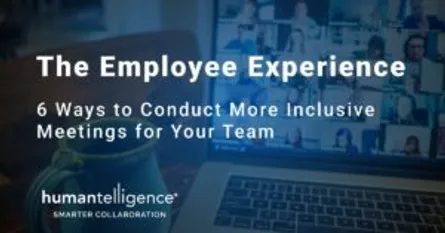
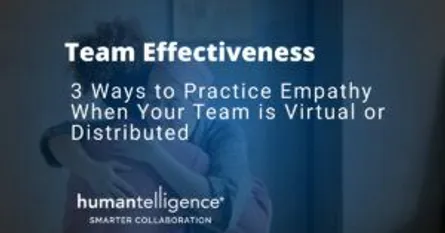
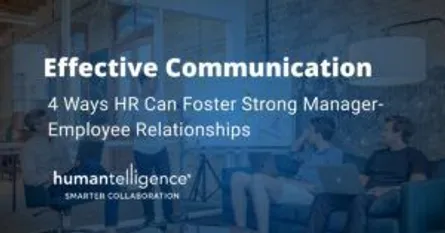
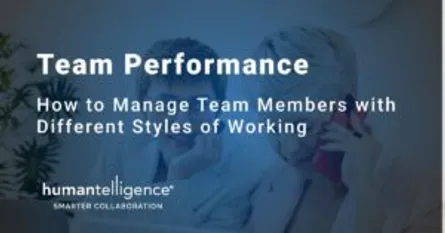

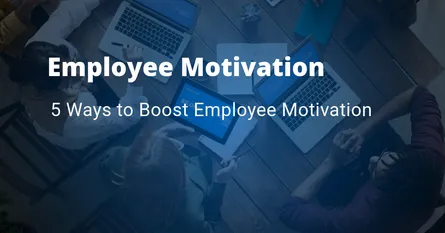


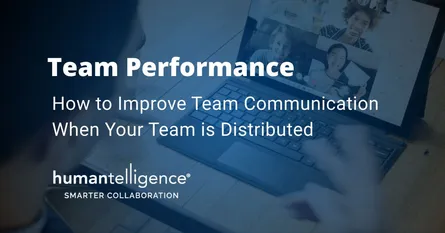
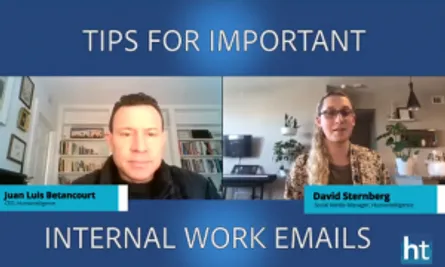

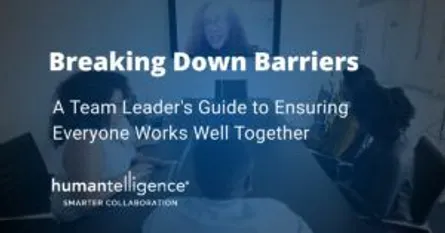



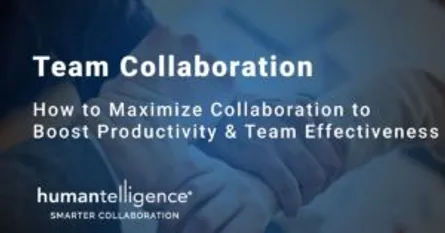
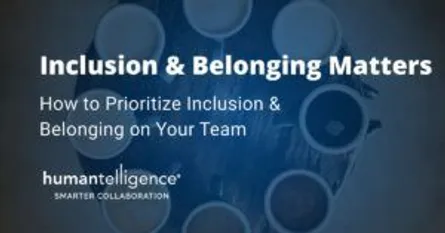

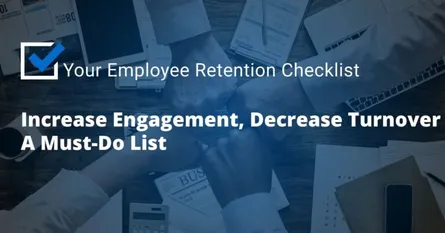
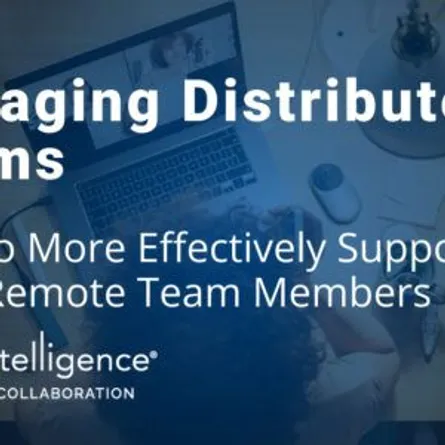
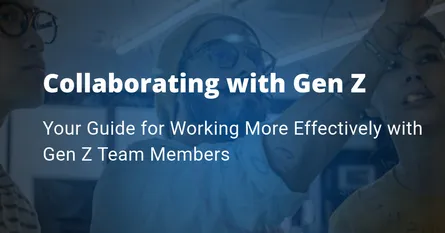
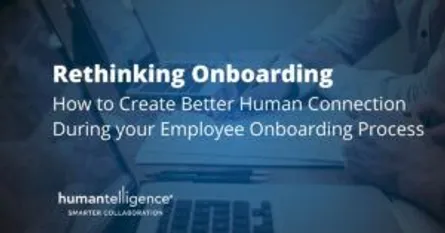


-Low-Quality.DNBpXyLx_1VXSiM.webp)
.CiqwvMOO_A63sY.webp)
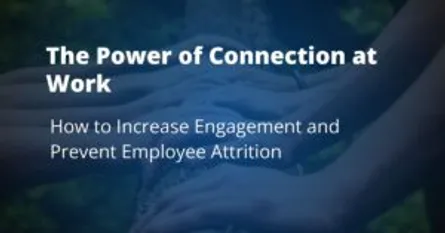
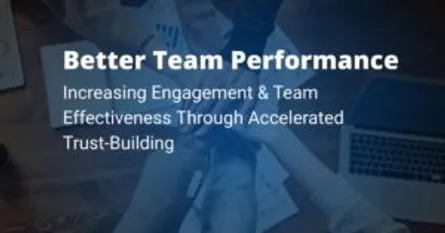
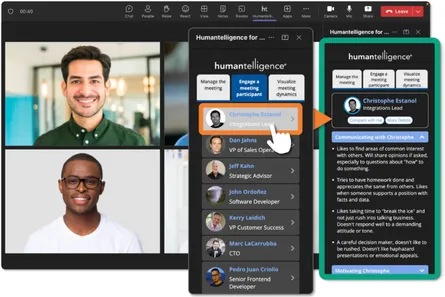

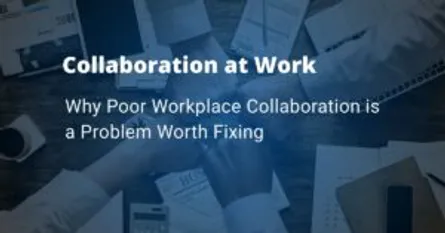
-Medium-Quality.ZFp5mEuF_Z13ebXJ.webp)
